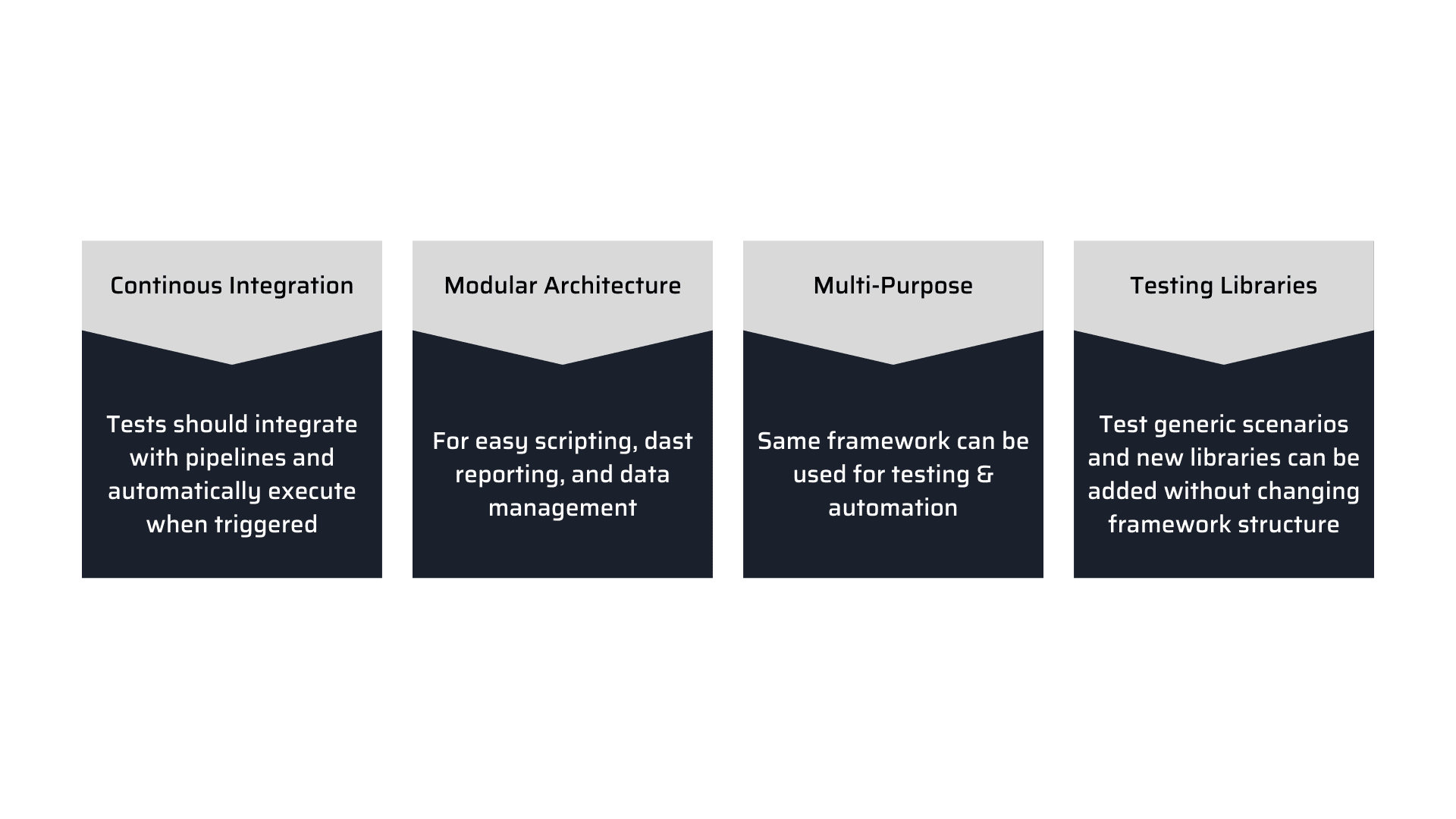AI Driven Evolution of Test Automation Frameworks To Be ML Ready
Today test automation is constantly evolving to deliver better quality results with sufficient validation, and the testing lifecycle has become lightning-fast. A major shift has been happening from Manual testing processes towards Agile and DevOps as they are now crucial for every project, so test automation frameworks have become a necessity.
With the software development industry growing at a faster pace, it has become vital for every organization to have a reliable and stable test automation framework. All these test automation frameworks ensure an optimum testing speed along with perks like higher ROI. So, to skyrocketing revenue, organizations have started deploying test automation frameworks for all their hardware and software products.
Faster test cycles, improved test coverage, and higher-quality software do not come without a cost.
Let Us Dive Into What Exactly Is A Test Automation Framework
A Test Automation Framework is a set of protocols that provides a platform to Develop, Execute & Analyze test cases.
Benefits of Using Test Automation Framework
All these test automation frameworks are built by integrating various DevOps opensource/ licensed tools like Appium, Selenium, Jenkins, JUnit, Locust & is one of the essential parts of an automated testing process. Various advantages like:
• Reusability of test scripts
• Execution on multiple devices
• Minimal manual intervention
• Capture debug logs
Top 4 Features of Test Automation Framework



Test automation framework Benefits
So, What’s Next In The Test Automation Framework?
Testing is slowly conversing to higher automation to ensure the best accuracy and precision in the drive towards digital transformation. Soon, we can expect our two friends — Artificial Intelligence and Machine Learning to take care of most of the work today’s software engineers do. The shift is moving away from the functional testing and the testing, Artificial Intelligence (AI) & Machine Learning much change with it. This signifies that instead of manual testing and human interference, we are moving towards machine control solutions. Adoption in IoT Testing has significantly increased due to security flaws and risks in IoT apps and devices, which ensures the need for IoT Testing. A spike in the adoption of automated testing with the maturation of Agile methodologies and the adoption of DevOps is undoubtedly the future of the software and hardware testing industry. Today organizations have also realized that as complexity increases, automation is the only way to keep pace with the changing trends.
Know how MosChip can automate your test cases using automation framework.
About MosChip:
MosChip has 20+ years of experience in Semiconductor, Embedded Systems & Software Design, and Product Engineering services with the strength of 1300+ engineers.
Established in 1999, MosChip has development centers in Hyderabad, Bangalore, Pune, and Ahmedabad (India) and a branch office in Santa Clara, USA. Our embedded expertise involves platform enablement (FPGA/ ASIC/ SoC/ processors), firmware and driver development, BSP and board bring-up, OS porting, middleware integration, product re-engineering and sustenance, device and embedded testing, test automation, IoT, AIML solution design and more. Our semiconductor offerings involve silicon design, verification, validation, and turnkey ASIC services. We are also a TSMC DCA (Design Center Alliance) Partner.
Stay current with the latest MosChip updates via LinkedIn, Twitter, FaceBook, Instagram, and YouTube









